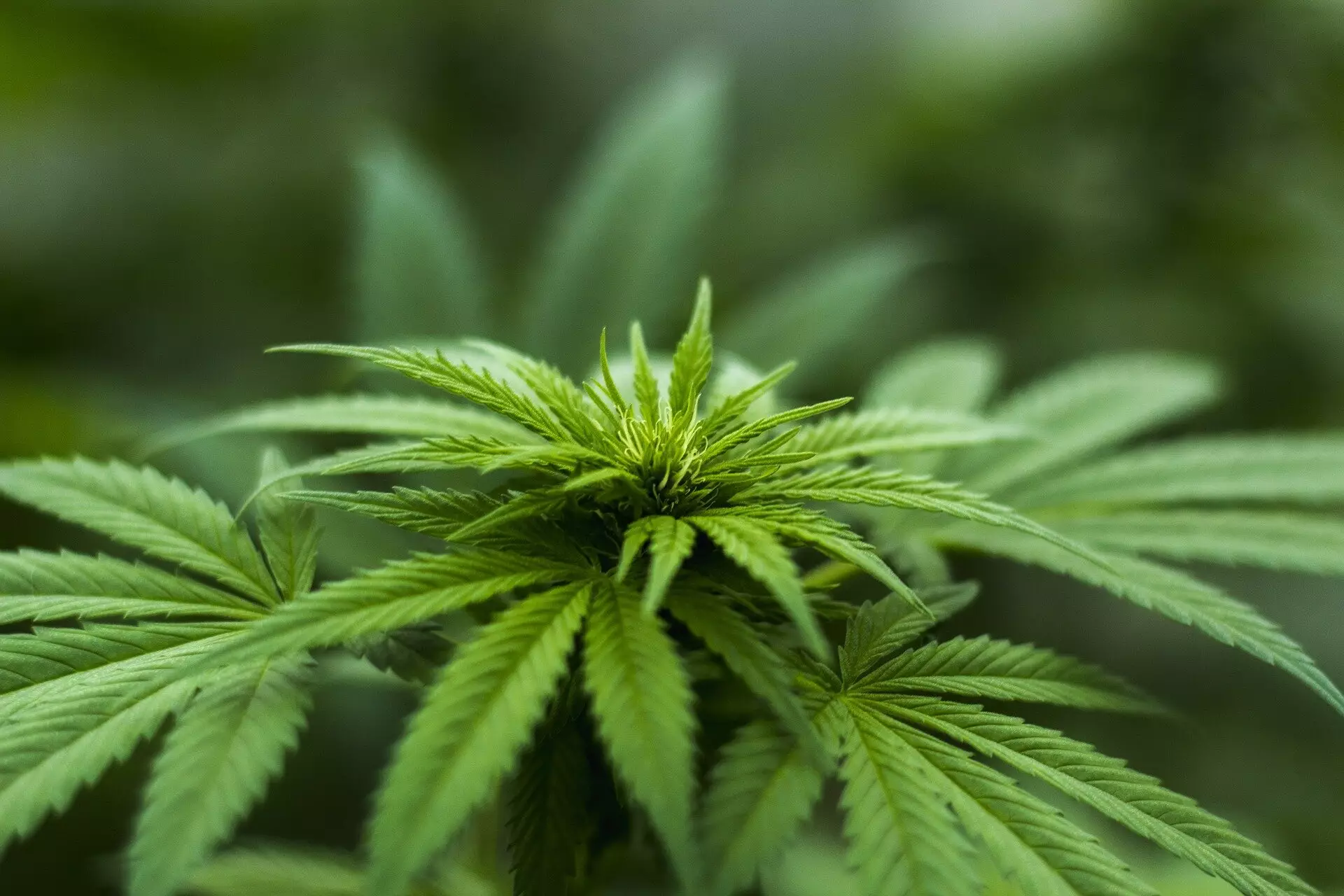Germany is on the brink of a monumental shift as it prepares to legalize recreational cannabis use, becoming one of the first major European countries to do so. The new law, set to take effect on Monday, will permit adults to possess and consume small amounts of the drug without fear of legal repercussions. This marks a significant step towards destigmatizing cannabis use in Germany and aligning with other progressive nations in the global push for legalization.
While Germany’s move towards legalization is groundbreaking in Europe, it is part of a larger global trend towards embracing cannabis reform. Uruguay set the stage back in 2013 by becoming the first country in the world to legalize the production, distribution, and consumption of recreational cannabis. Residents in Uruguay have the freedom to purchase up to 40 grams of cannabis per month from pharmacies, cultivate their own plants, or join cannabis clubs for communal cultivation.
In South and Central America, Mexico has followed Uruguay’s lead by decriminalizing recreational cannabis use in 2021. Meanwhile, in Europe, Portugal made waves in 2001 by decriminalizing the consumption and possession of all drugs, including cannabis. Spain allows for private cannabis cultivation but prohibits public consumption and sales. Tiny Malta became the first EU member to fully legalize recreational cannabis in 2021, although public consumption remains restricted.
Challenges and Progress in Other Regions
Despite assumptions about liberal drug laws in the Netherlands, cannabis sale and consumption are tightly regulated to designated “coffee shops.” However, recent developments have included a trial to decriminalize cannabis production and supply. In the United States, over half of all states have legalized both recreational and medicinal cannabis use, with notable examples being California and New York. Although cannabis remains illegal at the federal level, enforcement is lax, as seen in President Joe Biden’s pardoning of thousands of individuals with cannabis-related convictions.
Canada emerged as the second country in the world to fully legalize recreational cannabis in 2018, sparking a wave of global cannabis reform. Lesotho and South Africa were early adopters in Africa, with South Africa’s legalization of personal cannabis use in 2018 signaling a significant shift. The South African government has ambitious plans to capitalize on the burgeoning cannabis industry, aiming to create thousands of jobs through cultivation and distribution.
In Asia, Thailand made headlines when it removed cannabis from its list of banned narcotics in 2022, with hopes of tapping into the lucrative industry. However, the rapid proliferation of cannabis shops in Bangkok led to government concerns about recreational use. Plans were announced to ban cannabis consumption for non-medicinal purposes, citing fears of drug dependency and gateway effects.
The global cannabis revolution is gaining momentum, with countries around the world reevaluating their approach to cannabis legislation. Germany’s upcoming legalization of recreational cannabis marks a significant milestone in Europe, aligning with progressive nations like Uruguay and Canada. As more countries embrace cannabis reform, the industry’s economic potential and social impact continue to shape the future of drug policy worldwide.

